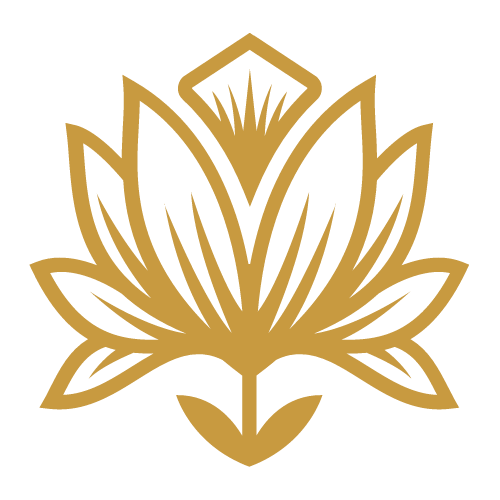
Acupuncture

What is acupuncture?
Acupuncture has been practiced as a form of medicine for over 2500 years, and over time different perspectives and theories have developed. Each perspective has validity at the appropriate time and place; they can be likened to lenses through which we can view the patient and their primary imbalances. Acupuncture and Oriental Medicine is like any medicine or art—the hands that practice it inherently influence the way in which it is practiced.
What does acupuncture feel like?
Some individuals have fear or anxiety when they think of having needles inserted in their body. This may be due, in part, to associations created from having blood drawn as well as vaccinations and shots throughout our lives. In these procedures, larger, hollow-tip needles are used which can sometimes cause pain. This is very different from acupuncture needles, which are not hollow-tipped, and can be as thin as a human hair.
There are many different sensations that can be experienced when the needles are inserted and retained. You may feel an ache or soreness, a warmth, a distending or full sensation at the site of insertion, a “zing” that comes and goes, or a spreading sensation. All of these are considered to be therapeutic sensations, indicating that the points and channels are active and your body is starting to shift. However, if it is ever too strong, sharp, or uncomfortable, then it is important to let your practitioner know, even if it is one of the therapeutic sensations.
To me, one of the most important aspects of a treatment is that you are able to relax as completely as possible. The more you are able to relax and release any tension in your body, the more effective the acupuncture treatment can be. Therefore, if you experience anything that brings lasting tension into your body, this is too strong of stimulation, even if you can “bear it”, and it is important to say something. This communication between patient and practitioner is vital in any healing relationship.
Treatment schedule
Acupuncture and Oriental medicine are not designed to be a magic bullet. There are many times when a single acupuncture treatment may be all that is required, especially if you are coming in for an acute (recent) injury or illness. However, for more chronic, severe, and long-term conditions, multiple treatments will often be necessary. In such cases, I often recommend that patients come in 1-2 times a week for 2-3 weeks, and then start spacing out the treatment periods after that—often going to once a week or every other week for several weeks, and then slowly increasing the interval between treatments. When you receive several treatments close together at the beginning, there is a synergistic effect that allows the body to shift and adapt more quickly. However, if we do not see a shift in symptoms within 4-6 treatments, I will often refer you out to other practitioners and modalities.
Conditions treated
-
Urinary problems
Incontinence, Urinary Tract Infections, and Frequent Urination.
-
Menstrual and Reproductive Issues
PMS, Irregular or Painful Menstruation, Male and Female Infertility, and Menopausal Symptoms.
-
Digestive Disorders
Acid Reflux, Stomach/Intestinal Pain, IBS, Chron's, Colitis, Constipation, Diarrhea, and Nausea.
-
Emotional Conditions
Stress, Anxiety, Depression, Anger, Addictions, Mental Disorders, and Low Energy/Drive.
-
Sleep Disorders
Insomnia, Not waking rested, Excessive or Disturbing Dreams.
-
Immune and Autoimmune Disorders
Immune Deficiency, Lupus, Hepatitis, HIV.
-
Acute and Chronic Illness
Colds, Flu, Infections, and Viral or Bacterial Illness.
-
Respiratory Disorders
Sinus Problems, Asthma, Sore Throat, Bronchitis, and Recurrent Chest Infections.
-
Neurological and Muscular Disorders
Headaches, Facial Tics, Neck Pain, Rib Pain, Frozen Shoulder, Tennis Elbow, Tendonitis, Back pain, Sciatica, Sports Injuries, Osteoarthritis, Nerve Pain, Arthritis, Multiple Sclerosis, and Fibromyalgia.





